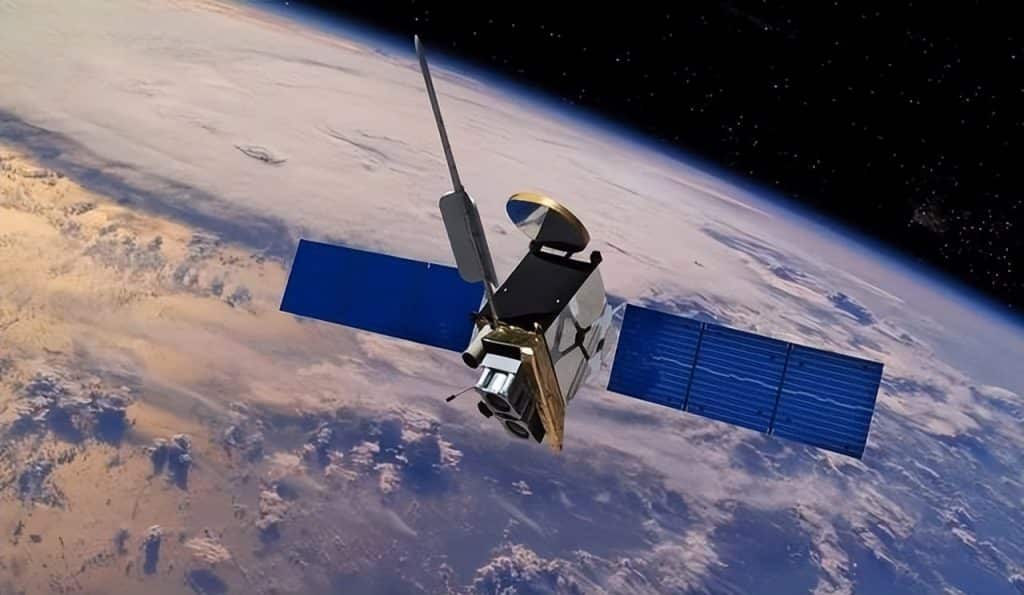When we think about satellite navigation, the first systems that come to mind are likely the U.S.’s GPS and China’s Beidou.
The U.S. GPS system has been in operation since the 1970s and has amassed a user base of over 6 billion, making it the dominant system globally.
On the other hand, China’s Beidou system, though developed later, has risen to prominence and is a force to be reckoned with.
So, how does Beidou stack up against GPS in comparison? How many users does Beidou have?

GPS Overview
GPS, the Global Positioning System, provides global three-dimensional positioning 24/7 in real-time. It seems like it was designed for civilian use given how easy it is to access information, but in fact, the initial purpose behind GPS was military.
In the 1950s, the U.S. began working on satellite positioning systems for military use. By 1958, they had developed an early version, not GPS, but an earlier prototype called “Meridian” with five to six satellites. However, it lacked the precision needed, leading to the development of GPS.
Thanks to overcoming technological challenges, the U.S. finally launched its first GPS satellite in 1989, and by 1995, the system was relatively complete, with near-global coverage. GPS quickly became a prized asset for the U.S. military, and many countries were awed by its capabilities.
However, the U.S. also saw the commercial potential in GPS, realizing that while precision was important for military purposes, everyday life also required accurate navigation. This led to the creation of a civilian version of GPS, which retained the military-grade quality but was now open to the public.
By 2018, GPS had 32 satellites in orbit, offering navigation precision within 10 meters, and for general users, accuracy is about 4-7 meters in open areas. This accuracy has proven sufficient for everyday use, and as a result, GPS continues to dominate the global market.
In 2018, GPS held more than 60% of the global market share and accounted for 95% of the global positioning market. These statistics, although not entirely precise, illustrate the undeniable dominance of GPS. By 2023, the user base had surged beyond 6 billion people—nearly the entire population of the world.
So, with such impressive numbers, where does China’s Beidou stand?

The Challenging Gap
Given the massive success of GPS, many assumed China’s Beidou would be left behind. After all, Beidou started much later, only beginning its development in the 1980s. It wasn’t until 2000 that the Beidou-1 system was operational, initially providing services only within China.
Beidou didn’t achieve global service until 2020. However, the pace at which China’s Beidou system has expanded is impressive. It has already launched more than 50 satellites into orbit, nearly double the number of GPS satellites. With this number, Beidou provides more comprehensive coverage and boasts an accuracy level that, in some regions, even surpasses that of GPS.
According to reports from the U.S. space news outlets, China’s Beidou system is increasingly challenging GPS’s dominance. In fact, many have pointed out that Beidou’s recent advancements are making GPS look outdated.
Yet, despite the strong capabilities of Beidou, its user base is much smaller. Reports suggest that Beidou’s users number only around 1.5 billion—just a quarter of GPS’s user base.
So, why, despite Beidou’s capabilities, does GPS still hold the edge?
The Influence of Established Habits
A good analogy can be drawn here. Imagine someone is starving and finds a restaurant that serves delicious food. They’ll continue to frequent that restaurant because of the positive first impression. Even if that restaurant’s menu doesn’t change much, or the chef doesn’t show any improvement, their habits are ingrained, and they stick with what they know.
GPS users are much like this—they have been using GPS for years and are accustomed to it. Even though Beidou has grown rapidly and boasts competitive capabilities, many users remain loyal to GPS simply because it has been around longer.
Furthermore, Beidou, despite being highly capable, is still considered a “newcomer,” as it has only been offering global services for five years. Many people may not yet fully realize the strengths of Beidou.

So, should China continue to invest in Beidou despite the challenge posed by GPS?
If the U.S. were more cooperative, Beidou might not need to progress so quickly. But, history shows that the U.S. has not been cooperative in its satellite navigation systems. As early as 1991, during the Gulf War, the U.S. used GPS in combat, claiming that GPS was essential to their victory.
Just a couple of years later, in 1993, the U.S. used its power to disrupt China’s “Galaxy” satellite signal, causing significant disruption for Chinese shipping. These events illustrate that the U.S. has frequently used GPS as a geopolitical tool to assert dominance.
China’s Strategic Need for Beidou
China’s development of Beidou is not just about competition—it is a strategic necessity. While the U.S. has used GPS to its advantage, China needs an independent navigation system for both civilian and military purposes.
And unlike the U.S., China is focused on collaboration, not just monetizing technology. This open approach will surely enhance Beidou’s position globally, and its market prospects are increasingly bright.



